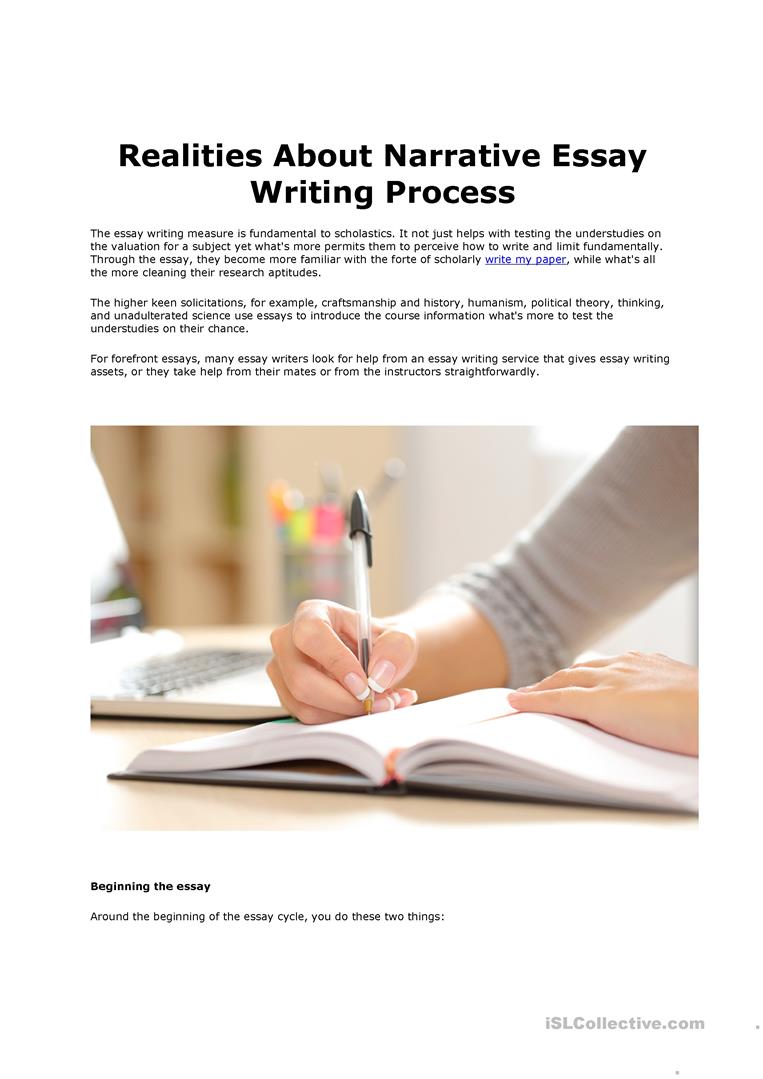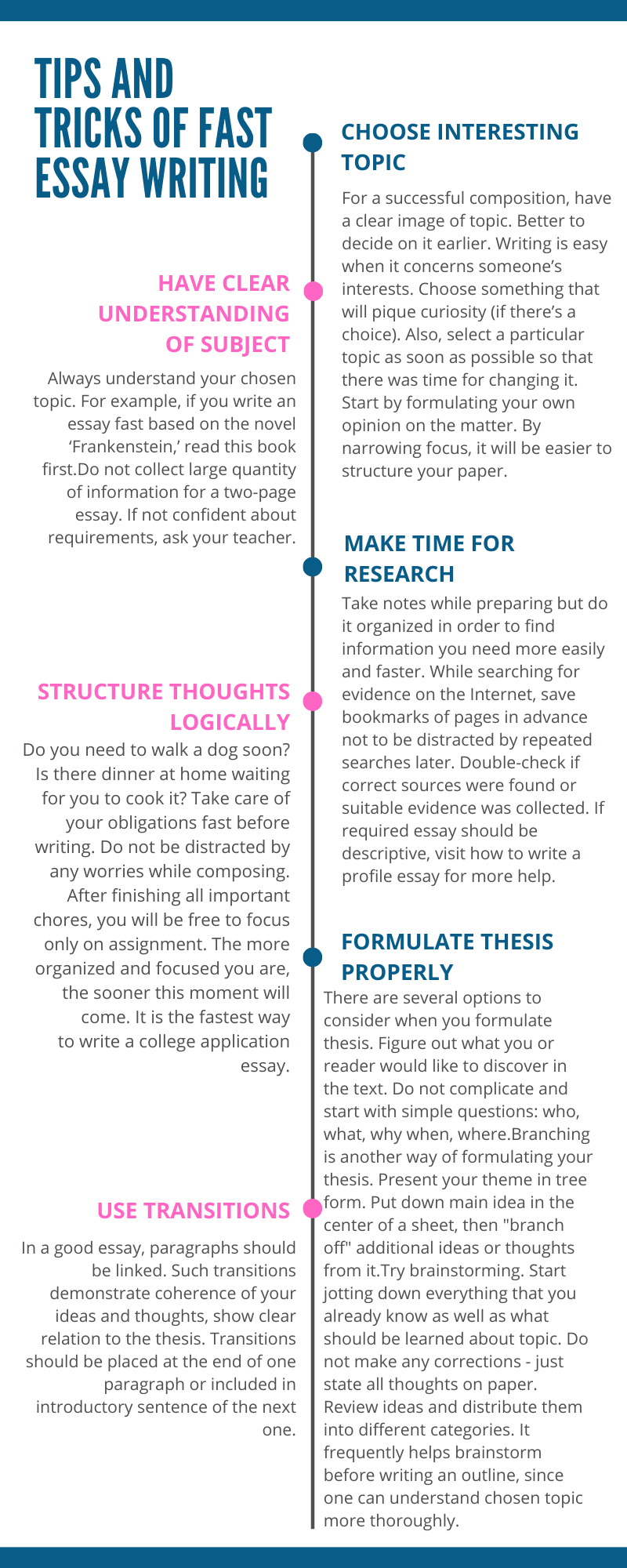How to write a conclusion to an essay? Here are some tips for writing an effective conclusion: Condensing all of the main points you’ve analyzed into a tidbit. Avoid saying “in conclusion” or using editorialization, but do include minor pieces of new information. If you have included sources that are not relevant to your argument, the conclusion will come off as weak. Instead, focus on returning to the main argument you argued earlier. It may be that you examined different points of view in the essay. But make sure you’re making your position clear.
Close with a quotation or reference to a primary or secondary source
In addition to providing a clear citation, a quote should be incorporated into your sentence in a proper citation format. The quotation should have attribution tags at the end, which lead the reader into the quote and provide further identification. Do not use block quotations that exceed four lines. These tend to slow down the flow of your prose and suggest that you have relied on the words of others.
A quotation or reference from a primary or secondary source can add textual texture to your discussion, as well as specificity and complexity. For example, if you were writing an essay about the author James Joyce and his attitude towards Dublin, a quotation from his biographer would provide context to the characters’ reactions to the city. You may also choose to quote a poem that relates to your topic, such as a quote from a play.
Saying “in conclusion”
When writing an essay, one of the common mistakes is saying “in conclusion.” The phrase is not only redundant, but it’s also over-used. Other transition phrases may be more appropriate for your needs, including three or four-word phrases. Depending on the audience you’re writing for, you may also want to use “in closing,” “in detail,” or “in summary.”
In writing an essay, you should avoid using the word “in conclusion.” Instead, use the phrase, “in summary.” It should not denote a final statement, and it can also sound sophomoric. The phrase should always be preceded by an outline of key points and a sentence describing the implications of those points. Alternatively, you can use “to conclude,” but this is less formal.
In writing an essay, you should avoid using the phrase “in conclusion.” This phrase is redundant and often comes across as a cliche. While you should avoid using the phrase in your final paragraph, it’s perfectly acceptable to use it as a transition word. After all, the reader will already know when you’ve reached the end of your paper. However, if you’re writing an essay for professional purposes, it’s best to avoid saying “in conclusion” at the end.
Using editorialization
Using editorialization when writing a conclusion for an essay is an effective way to draw attention to a controversial subject and make an argument for or against a particular viewpoint. This style of writing is characterized by an editorial tone and incorporates personal observations, opinions, or political commentary. This style of writing is typically reserved for controversial topics and works best with complex, controversial topics. For example, an essay on abortion can use an editorialization format to draw attention to its controversial nature.
The process of editorialization is a continuous and open process. Moreover, it involves multiple actors, which make it a collective process. Marcello Vitali-Rosati defines editorialization as “the production, diffusion, and validation of knowledge.” This process cannot be separated from reality as it is a result of editorialization. Editorialization is thus a vital aspect of academic writing, particularly for those with complex subjects.




